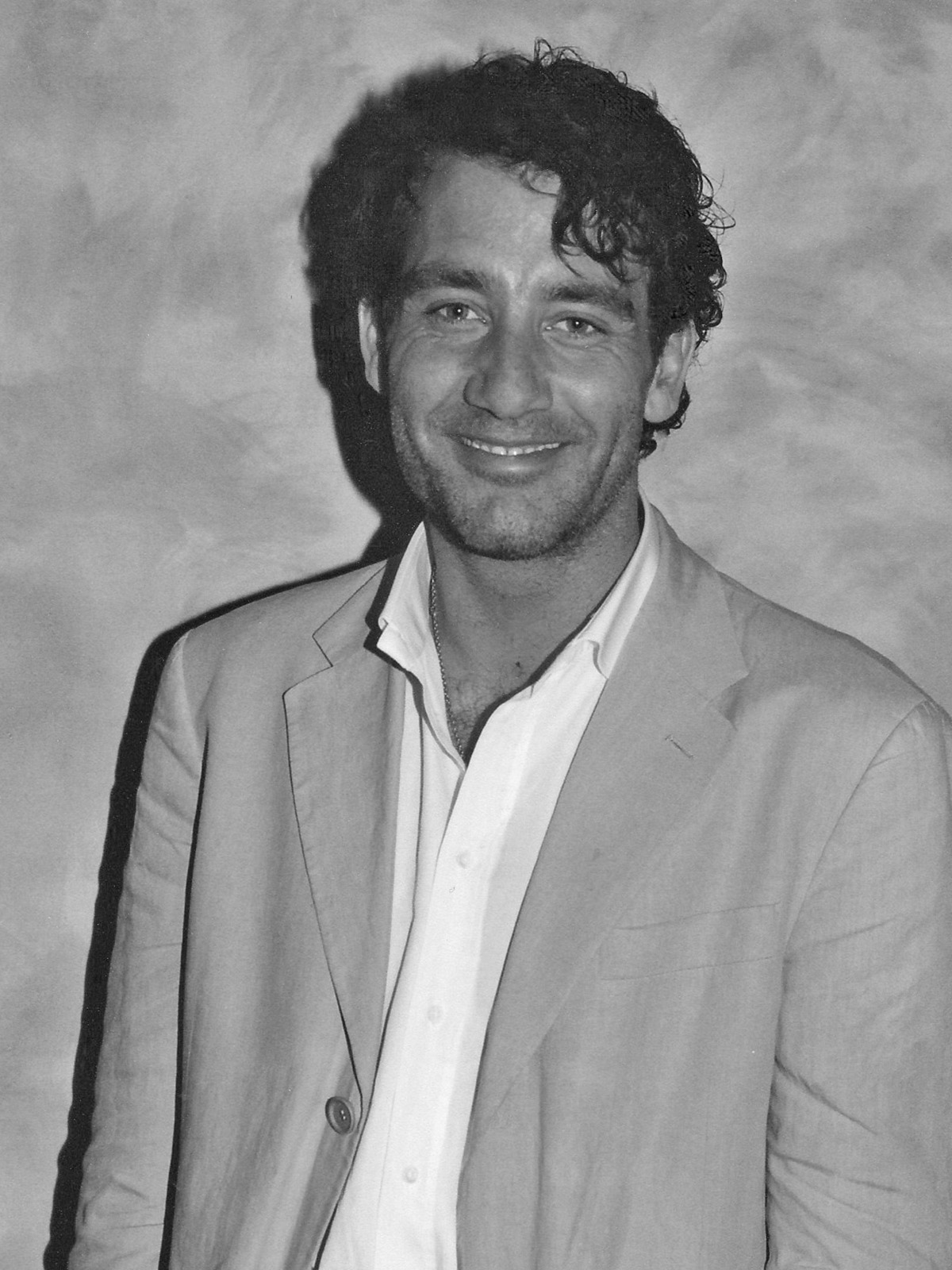
- Golden Globe Awards
Out of the Archives: 2003 – How Clive Owen Reacted to a Complex Drama and Angelina Jolie
Clive Owen was interviewed by the journalists of the Hollywood Foreign Press for the first time in 2003 in London when he spoke about Beyond Borders directed by Martin Campbell, co-starring Angelina Jolie.
“I had a strong immediate and instinctive response to the script, I thought it was an important film, so powerful, and a fantastic part. When Martin asked me to do it, I was so delighted because I was crazy about the material, that passion and energy drove me all the way through the film and never wavered.”
“Nick is an extraordinary character because he’s passionate, he’s angry, he’s committed. I never saw him as obnoxious or arrogant because I understood his objective, I saw as clear as day that his ultimate aim was to save peoples’ lives. He’s a human being, he’s fallible, he’s not perfect, he’s not an unreal heroic character, he doesn’t always do the right thing, but he’s driven by a need and a passion to change things. He’s terribly frustrated because things aren’t happening quick enough, in a situation where a large amount of people are dying, so he’s trying to stop that from happening and that requires desperate action.”
“The film is about two people who recognize each other, and it takes time. It’s a very tough relationship, to begin with, but it becomes a very epic love story between two people who are actually active, in there in the thick of it trying to make a difference. And you cannot help but be changed and humbled when you come across people who are that active, because most of us aren’t. We hear about things; we feel terrible and we move on with our lives. The love story is what takes you into that world, and with any luck, a lot of people will go and see this film and begin to think about situations outside their own world.”
“Angie was very passionate about the film, and because she had had a lot of experience with the UN by this point, she had visited a lot of refugee camps, she would be able to smell things that were inauthentic or maybe weren’t absolutely correct, she would call it and it would be addressed, so that was a very valuable thing.”
“It could have been daunting to take on a film of that size and scale, but it wasn’t at all because Martin and Angelina were concentrating on making the film as good as we could, and I felt very comfortable very quickly because I was in an environment when there was no other silliness going on. It was a rare treat to be involved in a movie that was actually about something, and might open peoples’ eyes because there’s a lot of films that aren’t about anything.”
“There’s a lot of research involved to make sure that you are aware of each of the situations that this character’s involved with, and we had people advising us all the way through that had been in those real situations, that had worked in Ethiopia during the famine, who had run camps and could talk about their experiences and say if things didn’t appear to be authentic when we shot in Namibia.”
“What’s strange about the people that do this line of work is that a lot of them are pretty isolated, because they’re in such dangerous situations that they sacrifice their family and their loved ones, they go into very hostile, dangerous environments and commit their lives to trying to save other people, and that can be quite isolating.”

